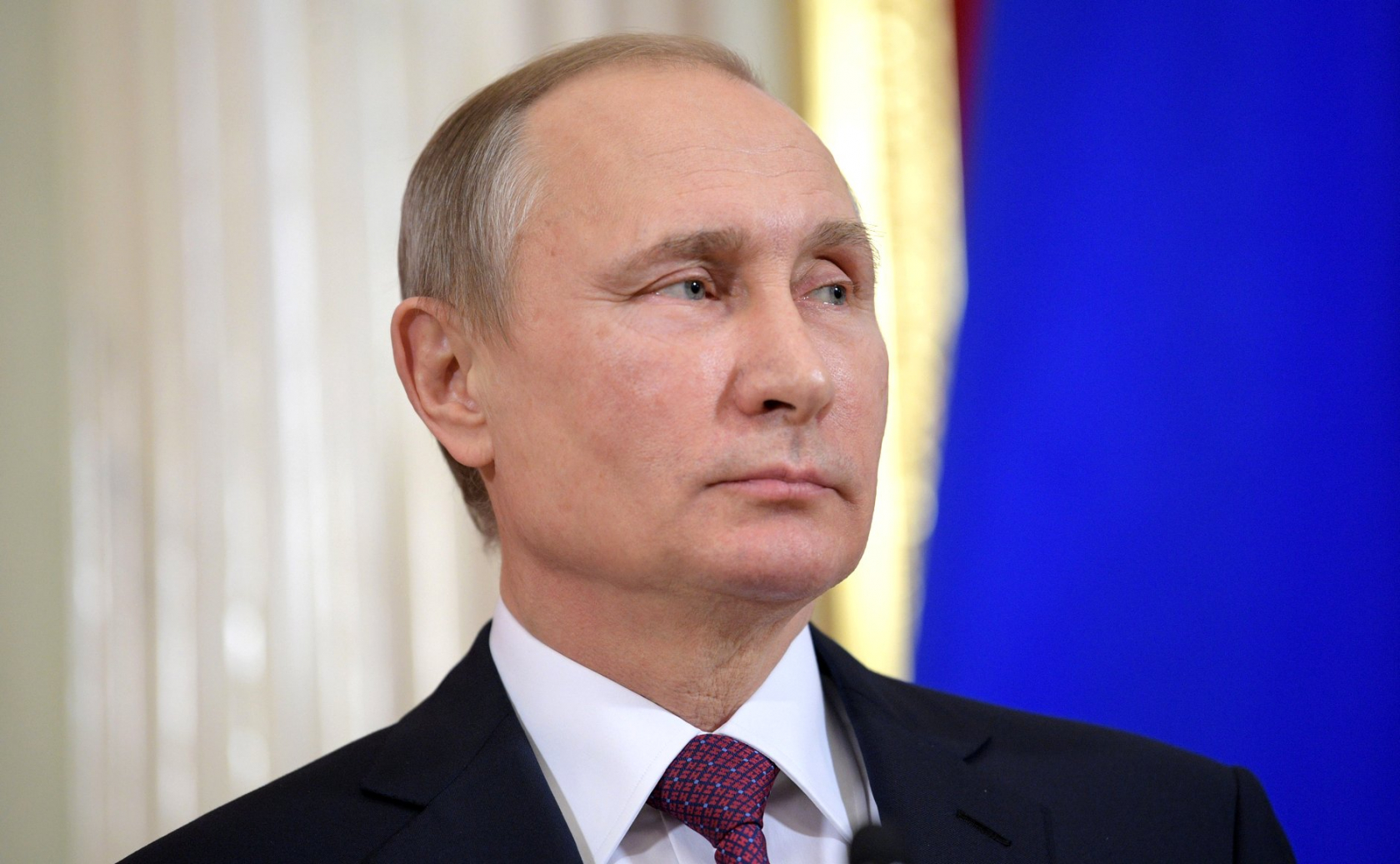
We’re used to hearing Elon Musk warn us about the terrifying dangers of AI, and now it seems one world leader agrees with him: Vladimir Putin. Not only did the Russian president say that artificial intelligence comes with “threats,” he added that whichever country becomes the leader in the field of AI will “rule the world.”
Speaking to students at a career guidance forum, Putin said the “future belongs to artificial intelligence.” While Russia intends to be a leader when it comes to AI development, he added that "it would be strongly undesirable if someone wins a monopolist position." The president said that Russia would be willing to share its knowledge on the subject with the “entire world.” Whether it would be happy to share everything it knows about the subject is another matter.
AI is "the future, not only for Russia but for all humankind," said Putin. "It comes with colossal opportunities, but also threats that are difficult to predict."
"Whoever becomes the leader in this sphere will become the ruler of the world."
Musk was quick to respond to Putin’s comments, warning that the race to perfect AI will most likely cause a third world war. The Tesla boss has previously stated that the technology is more of a threat to humanity’s existence than North Korea.
China, Russia, soon all countries w strong computer science. Competition for AI superiority at national level most likely cause of WW3 imo.
— Elon Musk (@elonmusk) September 4, 2017
In a series of tweets, he explained that while Kim Jong-Un risks invasion and the collapse of his leadership if he launched a nuclear weapon, an AI wouldn’t hesitate to launch a nuke if it believes it to be the best course of action.
May be initiated not by the country leaders, but one of the AI's, if it decides that a prepemptive strike is most probable path to victory
— Elon Musk (@elonmusk) September 4, 2017
Last month, Musk joined 116 experts calling for a ban on lethal autonomous weapons, which they say could become the “third revolution in warfare.”
Speaking at Senate armed Services Committee in July, Gen. Paul Selva – the second highest-ranking general in the US military – said: "I don't think it's reasonable for us to put robots in charge of whether or not we take a human life."
https://www.techspot.com/news/70850-putin-country-becomes-ai-leader-rule-world-elon.html